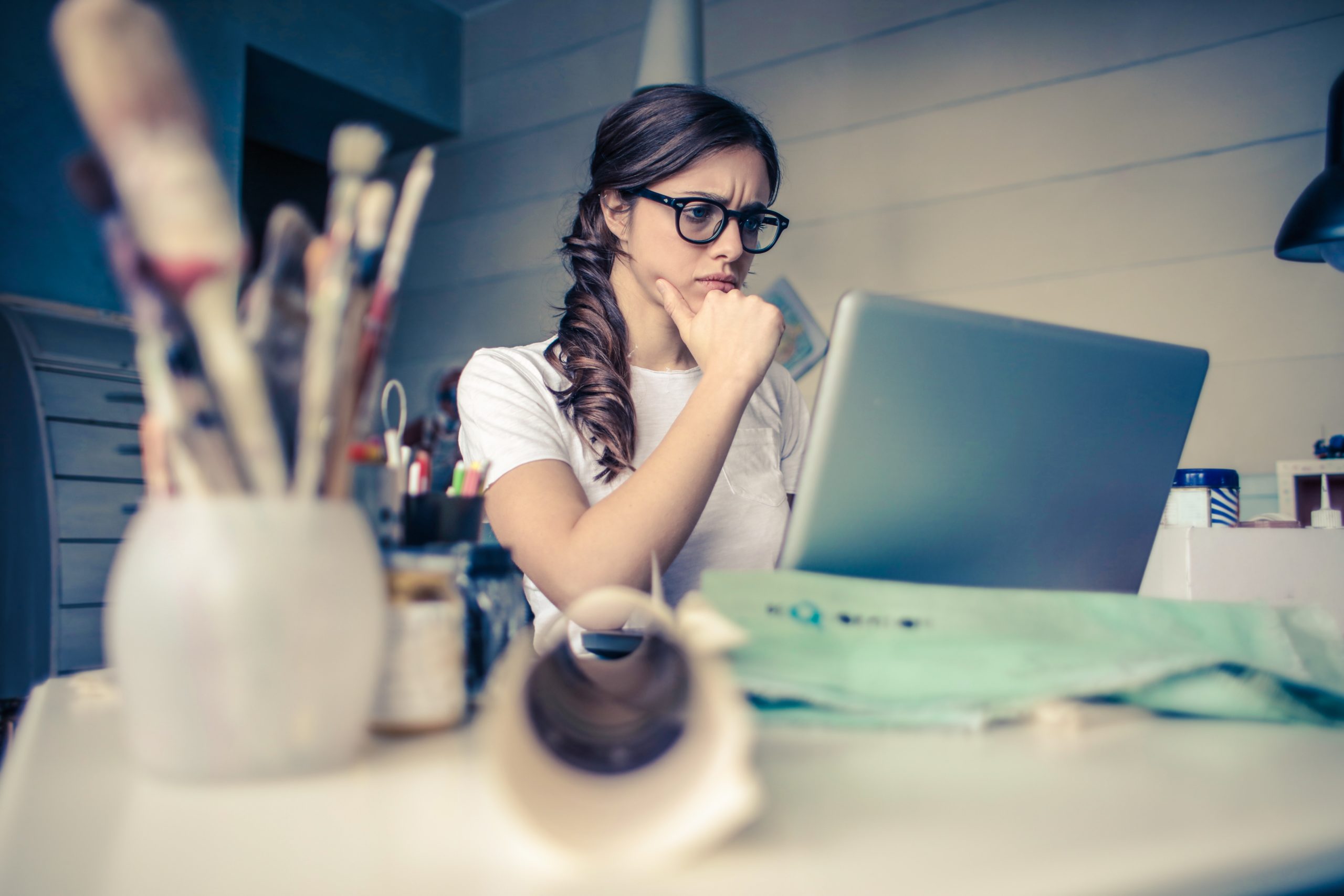The decision of some schools and universities to go online and hold classrooms via websites such as Zoom and Google classroom is a godsend to many students amidst the Enhanced Community Lockdown. This is especially true for those who need to catch up on their studies so that they can graduate on time or to pass the year without any problems. It allows teachers to hold classes beyond the four corners of a classroom and retain a certain level of interaction with their students.
But it is not all sunshine and rainbows for everyone. In spite of the perks of online learning, there are concerns as to how students who do not have easy access to a computer and a stable internet can adapt to online classrooms. Also, another problem here is whether this system can be maintained by teachers who also share the same problems. So here are some ways I think the problem could be addressed.
What is the Main Problem with Online Classrooms?
Before I begin with sharing what could be done to the problem, I think it would be wise to talk about the issue first. The main problem about the implementation of online classrooms, especially in our country, is that our internet speeds could be compared to tortoises and expensive to boot as well as the lack of access towards computers for many students. These problems are not apparent to those who have access to these resources, but for those who do not, it presents another hurdle for them to pass through in order to gain education.
This issue, as stated before, further widens the gap between the rich and poor students. For students who are upper and upper-middle class, the online classes this lockdown is just a minor inconvenience as they have internet at their homes as well as a computer to use. For scholars and other less-fortunate students, they either have to go to an internet cafe to attend online classes, and that is impossible to do during the lockdown. Also, even if there is no lockdown, it is not advisable to study in internet cafes since these are noisy places. This means that they are missing out on valuable lessons as they do not have access to the means of getting them in the first place.
So What Can We Do?
One of the things that could be done would require the coordination of the government, schools, and the students themselves in order to provide for those who cannot afford the requirements for online classes. Of course, this may take a while, what with the quarantine and all, but this will help the recipients even after the lockdown. As having access to a stable internet connection and computers would allow them to perform much better in their studies as well.
Another option that could be done is pre-recording the lessons and sending it to students to study while at home. This solution is more feasible and quicker to implement than the one I mentioned earlier, as the teacher simply needs a recording device like a phone or camera to record himself/herself and send the recorded clips to their students who are at home. This option is also more viable as students simply need a device to receive the files and view them.
Online Learning is Still a Good Option
In spite of the downsides of online learning, it is still a good option for students to keep up with learning, for it is still better than delaying the school year and messing up the whole calendar of the next. Also, online learning itself is still in its early stages, so there is still time to address these. So, this enhanced community lockdown is the perfect time to work the kinks out and make sure that online learning really leaves no one behind.
References
Aldama, K. R. (2020, March 16). [OPINION] What will happen to poor students when schools go online? Retrieved March 19, 2020, from https://www.rappler.com/move-ph/ispeak/254707-opinion-poor-students-schools-online-coronavirus?utm_medium=Social&utm_campaign=Echobox&utm_source=Facebook&fbclid=IwAR3pVbXetFJa5GzsGaF3vLC0tZorRexBpKC_eNkprRPiZJ8lMVivBu8fXgI#Echobox=1584338233

